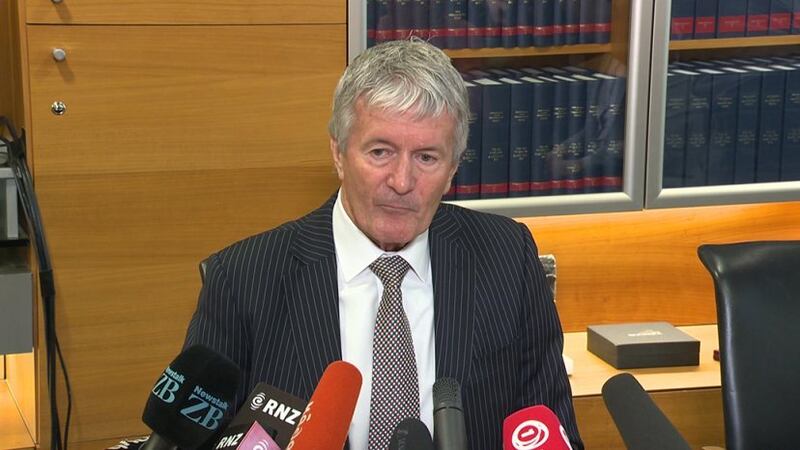The government has decided to wind down controversial livestock exports by sea over the next two years.
Though such exports used to be common, including last year's export of 7300 cows to help build China's dairying industry, such exports have made up only 0.2% of New Zealand's primary sector exports revenue since 2015.
Many opponents of the trade objected to the Halal practice used to slaughter the animals although most animals are stunned first. Other objections came from a previous politically controversial National government-sponsored deal in which specially bred sheep were exported to Saudi Arabia for an enterprise where most of the sheep died of heat exhaustion.
Two sheep transport vessels have also capsized in the past eight months (off Japan and off Romania) killing many thousands of ewes.
Live exports by air will be permitted, which allows breeders to send top-priced animals abroad.
Agriculture Minister Damien O'Connor says the decision has been made in the interest of national reputation and the welfare of the animals.
“At the heart of our decision is upholding New Zealand’s reputation for high standards of animal welfare. We must stay ahead of the curve in a world where animal welfare is under increasing scrutiny,” O’Connor said
“I acknowledge the economic benefit some farmers get from the trade but I also note that support of it is not universal within the sector.”
A review of live exports launched in 2019 by the Ministry of Primary Industries made its advice clear.
“There is split opinion about its long-term value and how it fits with the story we want to tell internationally to consumers. In its review submission, the independent National Animal Welfare Advisory Committee (NAWAC), which advises ministers on animal welfare issues, advised that the practice should stop.”

